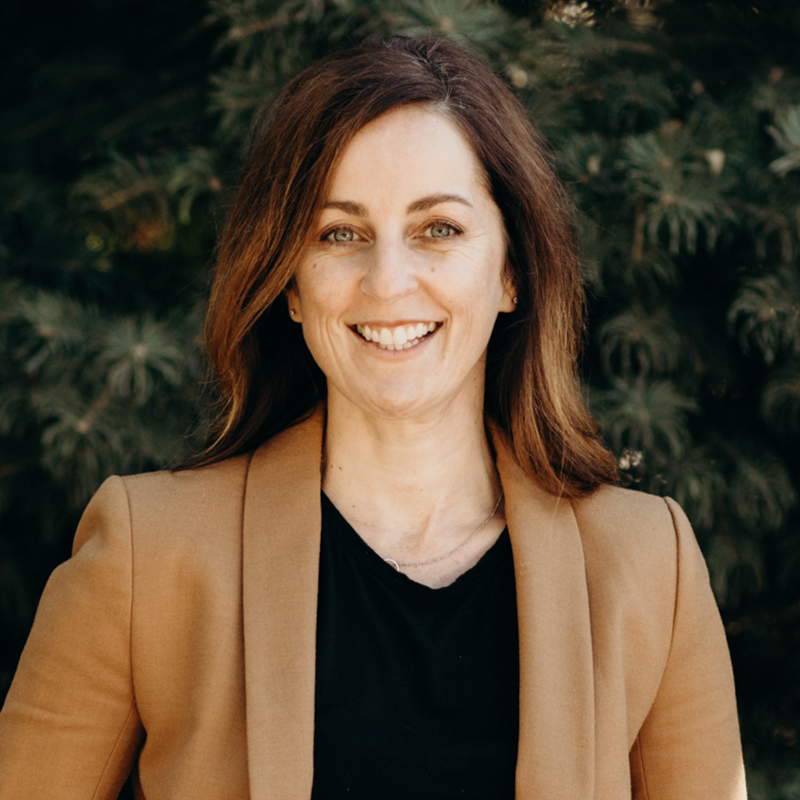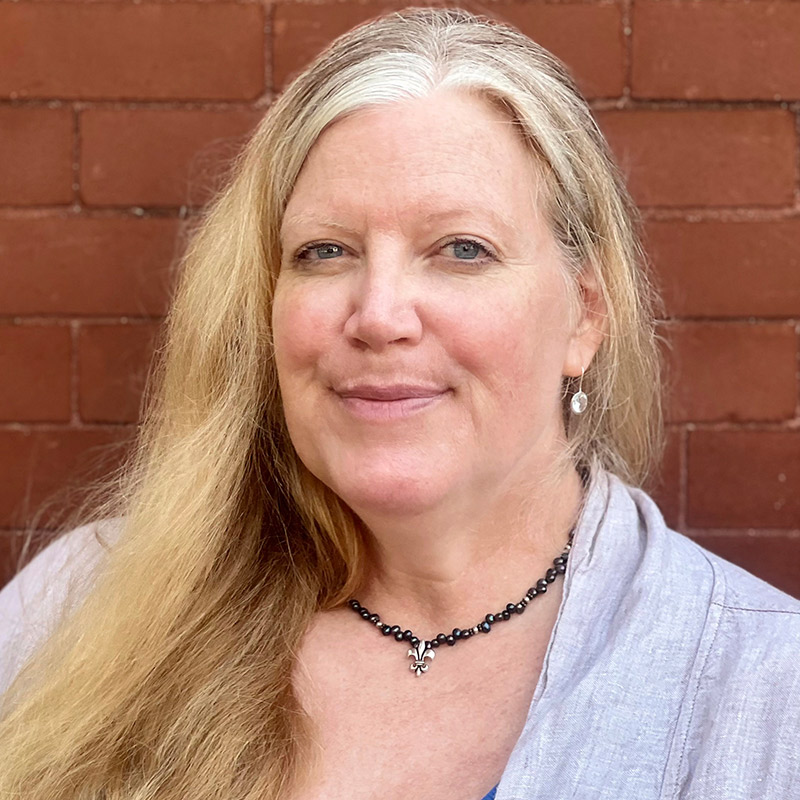EDUCATION
At AIA South Carolina, we empower architects and designers through dynamic education initiatives that support climate action and social equity. Whether you’re just starting or deepening your commitment to sustainable design, our education resources provide tools and pathways for growth.
We host webinars and workshops such as “Why Join the 2030 Commitment” and “Materials Matter,” helping firms understand how to reduce carbon emissions and make better material choices. Our resources include Sustainability Action Plan guides, the AIAU course library, and toolkits from national AIA programs.
CLIMATE
Climate resilience is a cornerstone of sustainable design. As the built environment sits on the frontlines of climate change, AIA South Carolina is committed to equipping architects with the tools, data, and frameworks needed to adapt and respond.
From hazard mapping and sea-level rise to adaptive design strategies and policy engagement, our climate-focused initiatives promote forward-thinking design rooted in science, community resilience, and environmental justice.
HEALTH & WELLNESS
We believe that the built environment directly affects community well-being. Through our support of the Architecture & Design Materials Pledge and alignment with the Equity Committee, we advocate for healthy buildings—places that are free from hazardous substances, support mental and physical health, and contribute to equitable community outcomes.
Architects are in a unique position to make decisions that affect everything from indoor air quality to environmental justice. Our initiatives emphasize materials that promote human health, social equity, and ecosystem balance, encouraging firms to embed wellness into every project.
Resources:
- Materials Pledge Starter Guide
- Framework for Design Excellence
- Biophilic Design
- Wellness Architecture Resources
- Living Future
Focus Areas: Indoor Air Quality, Biophilic Design, Product Transparency, Equitable Material Selection
CARBON
Carbon reduction is at the heart of our mission. The building sector contributes nearly 40% of global greenhouse gas emissions—meaning architects have a profound opportunity to lead. Our work promotes reducing both operational carbon through energy-efficient design and embodied carbon through informed material choices.
The AIA 2030 Commitment challenges firms to achieve net-zero carbon emissions across all projects by 2030. Through the use of energy modeling, whole-building life cycle assessment (LCA), and renewable energy integration, we move from aspiration to action.
Resources:
- AIA Climate Action Pledge Programs
- Carbon Leadership Forum
- AIA-CLF Embodied Carbon Toolkit for Architects
- Zero Carbon Resources
- 2030 Palette Tools
Report annually and celebrate your firm’s impact.
ACCOUNTABILITY
Accountability drives real change. As part of AIA National’s climate pledge programs, we support firm-level tracking and transparent reporting to ensure measurable progress. Through tools like the Design Data Exchange (DDx), firms participating in the 2030 Commitment can benchmark energy performance and track their portfolio-wide improvements.
Locally, we encourage AIA South Carolina members to submit Sustainability Action Plans (SAPs), share lessons learned, and participate in peer discussions around performance and outcomes. Transparency fosters a culture of shared growth and innovation.
AIA SC COTE Committee

Amanda Brookes
President

Leigh Ann Pfeiffer
Firmwide Sustainability Leader

Catherine Pucci Knight, AIA
Design Leader

Jonathan Garvin, AIA
Architect

Aaron Bowman, AIA
Senior Associate

Gauge Bethea, Assoc. AIA
AIASC COTE

MASON MALSEGNA, AIA
Project Architect
Get Involved
Let's work together.
Your support not only allows AIASC to continue to further our mission and the architectural profession, but provides your organization with numerous ways to connect with your target market.

